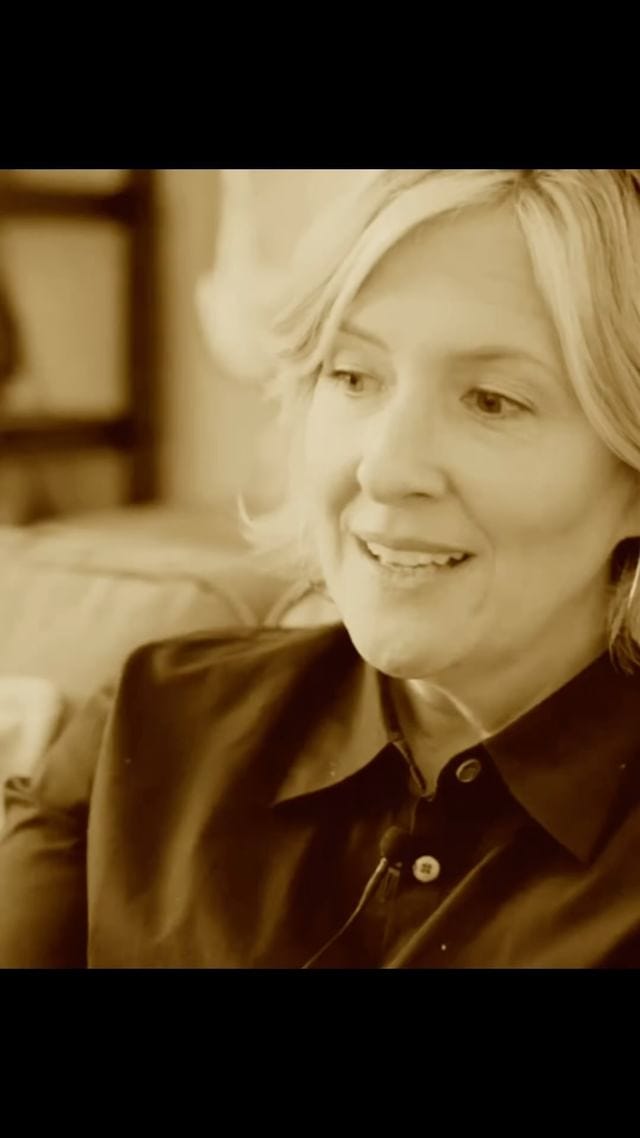A friend of mine recently sent me this great clip of Brené Brown, the famous researcher, TED speaker, and author who studies vulnerability, shame, and empathy. In this clip, she talks about the role storytelling plays in our lives.
More than anything Brown has written or said, I love her take on the word courage, which comes from the Latin word cour, meaning heart. Brown says the original meaning of courage in the English language was to tell the story of who you are with your full heart.
Since National Novel Writing Month is around the corner, I’m thinking a lot about the role of stories in our lives—not only the stories we tell but the stories we don’t tell.
Brown says we’re “meaning-making machines,” and the way we make meaning is through our stories (I happen to agree):
“Most of us have stories that make up our lives and tell us who we are and how we see the world, but we orphan a number of these stories because they don’t fit with who we think we’re supposed to be.
But the problem is that our worthiness, our wholeness, lives inside those stories. So you either own a story, or you stand outside of it and you hustle and you pretend for your worthiness.
“When you deny a story, it defines you. When you own a story, you get to write the ending.”
I often say that you can measure the progress of a civilization—the soul of a civilization—by the stories it allows to be told—or, to go one step further, by the stories it encourages.
The same goes for each of us personally, of course. One definition of a soul is the stories we leave behind. We have to ask ourselves if we’re telling our stories with our full heart, with courage. We have to ask ourselves if we’re being soulful.
In this era of book banning, it’s a good exercise to reflect on what stories we might be banning ourselves and why.
At its best, I like to think of National Novel Writing Month as a big, rollicking festival that crashes the forbidding gates of snobbishness and prudishness and lets stories bound free.
Because I want us to be defined by the stories we tell, not the stories we deny.
Because I wrote a NaNoWriMo novel-writing series
Last year, I wrote a series about different creativity topics related to National Novel Writing Month. If you’re not doing NaNoWriMo, don’t worry: all of the topics should relate to any creative project.
Here are the pieces in the series:
For more, please check out NaNoWriMo’s NaNo Prep resources—and sign up to write!
Because I’m teaching “The Art of Brevity” online
I’m actually going to talk about more than five things I’ve learned about the art of brevity. I’ll probably cover 10 or 20 or 30 things. Because I love talking about how the aesthetic of brevity opens up a different view of life.
Because I’d love you to read one of my books
I write this newsletter for many reasons, but mainly just for the joy of being read and having conversations with readers. This newsletter is free, and I want it to always be free, so the best way to support my work is to buy my books or hire me to speak.








Inspirational and story provoking, Grant. Thank You! Pondering stories to fill this thirsty blank page.
thank you, grant